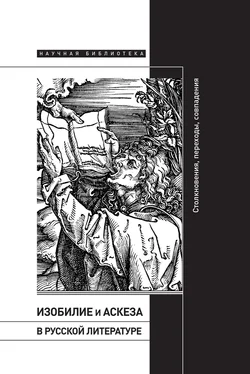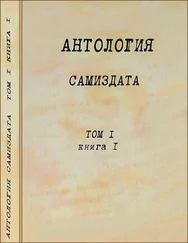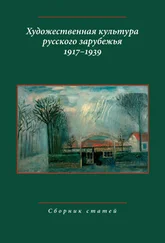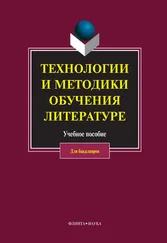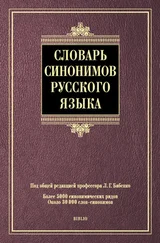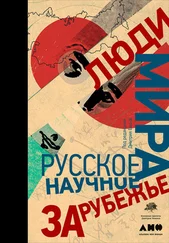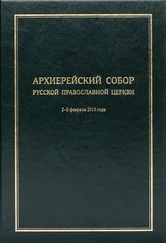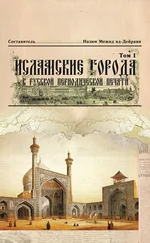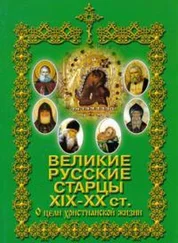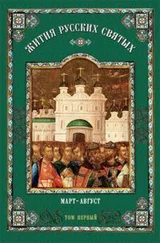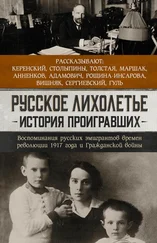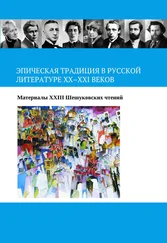Чернышевский Н. Г. Что делать? С. 202.
Там же. С. 222.
Там же. С. 202. Курсив мой. – К. Ц. См. также в «Третьем сне Веры Павловны»: «Миленький все время гулянья говорил с этим Рахметовым, или, как они в шутку зовут его, ригористом» (Там же. С. 173).
«Rakhmetov displays many extreme, absurd qualities that are hard to accept in a character that is a positive hero or an ideal» ( Drozd A. M. Rakhmetov and Revolutionary Asceticism. С. 117). Дальше Дрозд пишет: « is treated in an irreverent, almost disrespectful manner, often mocked and abused by the narrator» (Ibid.). А резюмируя свою переоценку статуса персонажа в романе, Дрозд пишет: «<���…> Rakhmetov’s story is what is not to be done» (Ibid. P. 126).
Чернышевский Н. Г. Что делать? С. 215.
Там же.
Barthes R. La mort de l’auteur // Barthes R. Le bruissement de la langue. Paris: Edition du Seuil, 1984. P. 61: «Qui parle ainsi?», Барт спрашивает по поводу одного описания в рассказе «Sarrasine» Бальзака и отвечает: «Il sera à tout jamais impossible de le savoir <���…>».
Чернышевский Н. Г. Что делать? С. 215.
Booth W. C. The Company We Keep: An Ethics of Fiction. Berkeley; Los Angeles; London: University of California Press, 1988 (особенно гл. «Who Is Responsible in Ethical Criticism, and for What?»; «The Making of Friends and Commonwealths: Criticism as Ethical Culture»).
Чернышевский Н. Г. Что делать? С. 233.
Дрозд формулирует это так: «give the public a sense of proportion» ( Drozd A. M. Rakhmetov and Revolutionary Asceticism. P. 134).
Чернышевский Н. Г. Что делать? С. 233.
Drozd A. M. Rakhmetov and Revolutionary Asceticism. P. 132.
« is introduced, in large part, to belittle and play with the devices of conventional aesthetics and its self-appointed defenders» (Ibid. P. 134).
«…a mere device to aid the author in his polemic against an outmoded aesthetics» (Ibid. P. 135).
Толстой Л. Н. Отец Сергий // Толстой Л. Н. Полн. собр. соч.: В 90 т. М.: ГИХЛ, 1954. Т. 31. С. 5.
Там же. С. 11. Курсив мой. – К. Ц. См.: «If one were acquainted only with the external details of Sergius’ life before his encounter with Marija, he would indeed appear to be a saint. By including analysis of the inner processes of Sergius’ mind, however, Tolstoy demonstrates that behavior and intent are not necessarily synonymous. In this highly effective fashion he attacks the institution of monasticism from within, as it were» ( Ziolkowski M. Hagiographical Motives in Tolstoy’s Father Sergius // South Atlantic Review. 1982. № 47 (2). P. 74).
Толстой Л. Н. Отец Сергий. С. 11.
Там же. С. 12.
Толстой Л. Н. Отец Сергий. С. 19.
Там же. С. 20. Курсив мой. – К. Ц.
Там же. С. 29.
Там же. С. 35.
Там же. С. 37.
Там же. С. 41.
Там же.
Там же. С. 43.
Там же. С. 46. Курсив мой. – К. Ц.
См.: «Is this self-consciousness really so different from what is described earlier in the story? / Kasatskij’s apprehension and practice of true virtue at the end of ‘Father Sergius’ are not made completely plausible» ( Ziolkowski M. Hagiographical Motives in Tolstoy’s Father Sergius. Р. 78).
Платонов А. П. Чевенгур. Путешествие с открытым сердцем // Платонов А. П. Собр. соч.: В 8 т. Т. 3. М.: Время, 2009. С. 244.
Там же.
Там же. С. 278.
Там же. С. 244. См. об этом: «…в Чевенгуре пустота души заполняется чувством братства, товарищества, обретением близкого человека. С остановкой героев как бы приостанавливается поступление впечатлений от увиденного мира. Пищей становится коммунизм, а источником питания души – присутствие товарища, забота о друге…» ( Рудаковская Э. «Сытость души…» Тема пищи в романе А. Платонова «Чевенгур» // Структура текста и семантика языковых единиц: Сб. научных трудов. Калининград: Изд-во Калининградского гос. ун-та, 2001. С. 54–55).
Платонов А. П. Чевенгур. С. 276.
Там же. С. 227. Курсив мой. – К. Ц.
Там же. С. 305. Курсив мой. – К. Ц.
Платонов А. П. Чевенгур. С. 245. Курсив мой. – К. Ц.
Там же. С. 278.
Там же.
Там же. С. 255.
Там же. С. 277.
Там же. С. 295.
См.: Chiffolau J. La comptabilité de l’au-delà. Les hommes, la mort et la religion dans la région d’Avignon à la fin du Moyen Age (vers 1320 – vers 1480). Rome: École Française de Rome, 1980; Ле Гофф Ж. Средневековье и деньги: очерк исторической антропологии / Пер. с франц. М. Ю. Некрасова СПб.: Евразия‚ 2014.
Поланьи К. Великая трансформация: Политические и экономические истоки нашего времени. СПб.: Алетейя, 2002. С. 127–146.
Беньямин В. Капитализм как религия / Пер. А. Пензина // Беньямин В. Учение о подобии. М.: РГГУ, 2012. С. 100–104.
Читать дальше
